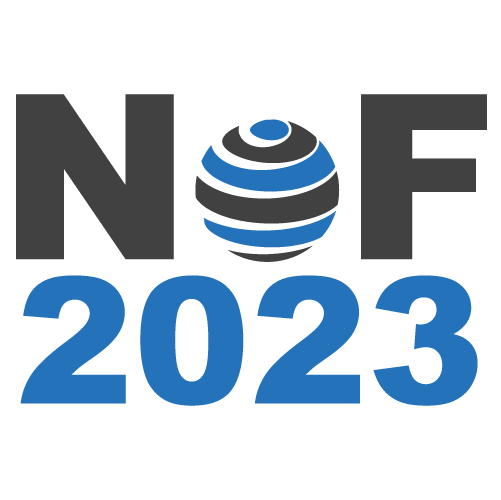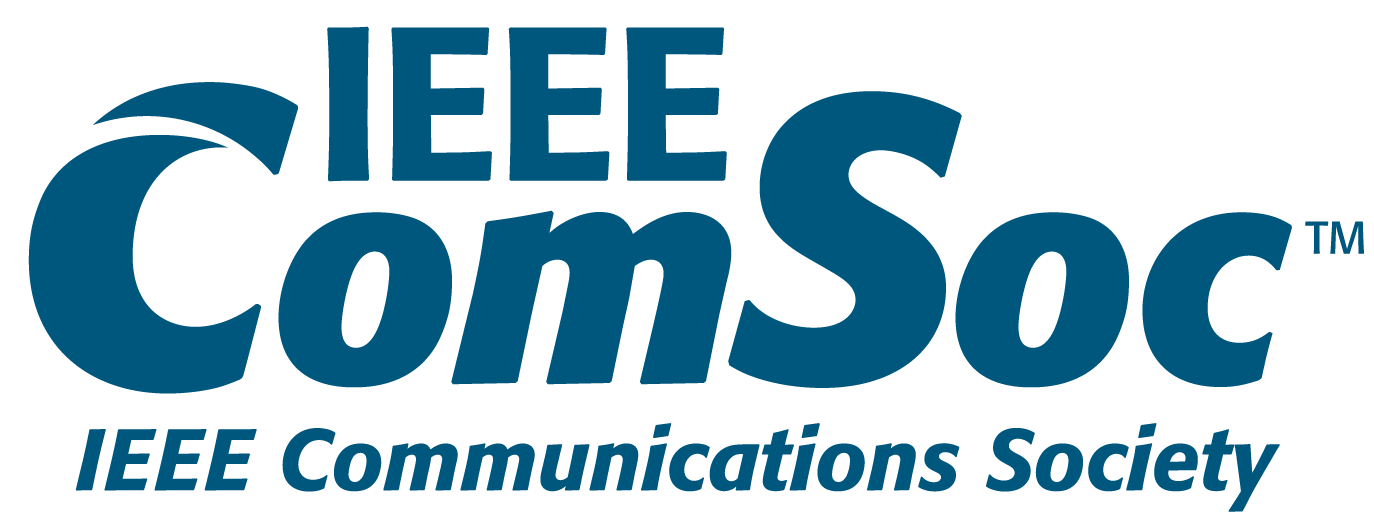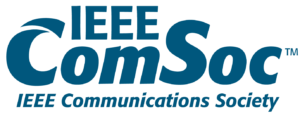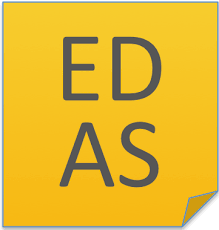NoF 2023 Submission guidelines
The 14th International Conference on Network of the Future (NoF) is inviting authors to submit original contributions in the area of Future Internet design, with emphasis on enabling and cutting-edge technologies from the perspectives of specification, design and analysis related to network of future architecture, applications, services, management, implementation, scalability, standardization, business and legal aspects, just to name a few.
The conference aims at providing a forum for researchers, students, and professionals to exchange ideas, share their experiences, and discuss their research results around a single-track of technical sessions and a series of keynote speeches.
NoF 2023 will take place in the beautiful city Izmir in Turkey, the second largest city in the Aegean coast (after Athens, Greece).
Topics of Interest
The topics of interest include, but are not limited to:
Networks
- 5G and Beyond (5GB) networks
- Virtual networks and networking for cloud computing
- Overlay networks
- Intermittently connected networks
- Wireless networks and cellular networks
- Wireless sensor networks
- Access, metro, backbone and core networks
- Next-generation carrier-grade networks
- Vehicular ad hoc networks and intelligent transportation systems
- Communications and applications for unmanned aerial vehicles
- Mesh and ad hoc networks
- Internet of Things networks and IoT-assisted wireless networks
- Information-centric networks
- Enterprise networks and campus networks
- Time-sensitive networks
- Data center networks
- Optical networks
- IP networks
- Home networks
- SCADA networks and distributed control systems
- Smart cities and smart grids
- Resilient networks
- Industrial and smart manufacturing networks
- Communication and computing infrastructures for disaster management
- Communication infrastructures for AR/VR/XR/metaverse computing
- Energy efficiency in networks
- Edge and fog computing/networking
Enablers
- Quality of service and traffic engineering
- Network Artificial Intelligence, Machine Learning and Reasoning
- Network Data Analytics, Anomaly Detection, Feature Extraction
- Network automation and orchestration
- Autonomic, Cognitive and Intent-based Networking
- 5GB Network Architecture, Services and Protocols
- 5GB Control and Management Architecture
- 5GB Functional Decomposition and Composition
- Advanced 5GB Infrastructure Slicing and Radio Slicing
- Scalability and multi-tenancy in 5GB
- Network Programmability and Softwarization
- Protocols for Ultra-Low Latency and Ultra-High Reliability
- Fog, Edge and Multi-Access Computing
- Software Defined Networking (SDN) and High Availability
- Network Function Virtualization (NFV) and Orchestration
- Service Function Chaining and Virtual Network Embedding
- Big data and Fast Data Processing and Management
- CDN Architectures and Network Cache Allocation Schemes
- Advanced multimedia and real-time communications
- Performance, Optimization and Resource Dimensioning
- Security, Trust and Privacy
- Use of Blockchains in Networking and Servicing
- Energy-aware networking
- Delay/Disruption-tolerant networking
Business and Legal Aspects
- Economic aspects
- Multi-stakeholder aspects
- Service level agreements
- Lifecycle aspects
- Process and workflow aspects
- Legal perspective
- Regulatory perspective
- Privacy aspects
Methods
- Mathematical optimization
- Control theory
- Probability theory, stochastic processes, and queueing theory
- Machine/Reinforcement/Federated/Deep learning and artificial intelligence
- Evolutionary algorithms
- Economic theory and game theory
- Mathematical logic and automated reasoning
- Data mining and (big) data analysis
- Monitoring and measurements
- Computer simulation experiments
- Prototype implementation and testbed experimentation
- Field trials
Submission guidelines
Authors are invited to submit original contributions that have not been published or submitted for publication elsewhere. Papers should be prepared using the IEEE 2-column conference style and are limited to 9 pages including references (Regular papers) or 5 pages including references (Short papers).
They must be submitted electronically in PDF format through EDAS at: https://edas.info/N30540
Papers exceeding page limits, multiple submissions, and self-plagiarized papers will be rejected without further review. All other papers will sustain a thorough single-blind review process.
Selected papers of high merits will be recommended for consideration at journals (e.g., TNSM, Computer Communications) after fast-track review.
NoF 2023 is technically co-sponsored by IEEE, IEEE ComSoc, all accepted and presented papers will be submitted for publication in IEEE Xplore.
Important dates
- Paper submission deadline: May 29, 2023 (Extended)
- Paper acceptance notification: July 3, 2023
- Camera-ready Papers: July 12, 2023












